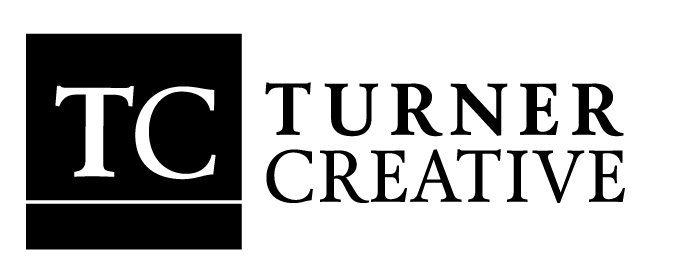|
This idea came up during Steven Pressfield’s appearance on Rick Rubin’s Tetragrammaton podcast. I know Pressfield best as the author of The War of Art, an excellent book about the creative process. He revealed that when he’s writing a novel, he doesn’t read any fiction because it messes with his head. He knows if he reads a strong narrative voice or point of view, he’ll either feel defeated (I could never be that good). Or (worse) he’ll start to think/write like that, too, taking away from his own voice. He doesn’t want to know who else is out there doing other stuff. And I totally get that. In my early-to-mid twenties, if you asked me what I did or was, I would tell you I was a guitarist, a songwriter; I was in a rock band. Back then, I wouldn’t listen to any recorded music in my genre. Only classical! My biggest fear was being influenced by something and unintentionally copying it. It wasn’t a flawless plan, lol. Though I do think it made what I wrote more personal and less “of the times.” (For better or worse.) But here’s another side to the argument. What about being part of one’s time in history, being part of a scene? Don’t you need to know what others in your field are doing? And this is where it intersects with business. How much “competitive research” is too much? How much is enough? I’m conflicted on this (in case you can’t tell), and I think there’s a lot to be said for both sides. If you have thoughts, I’d love to know. Please send them along. Maybe we can come up with a working theory! In progress, |

Recent Comments